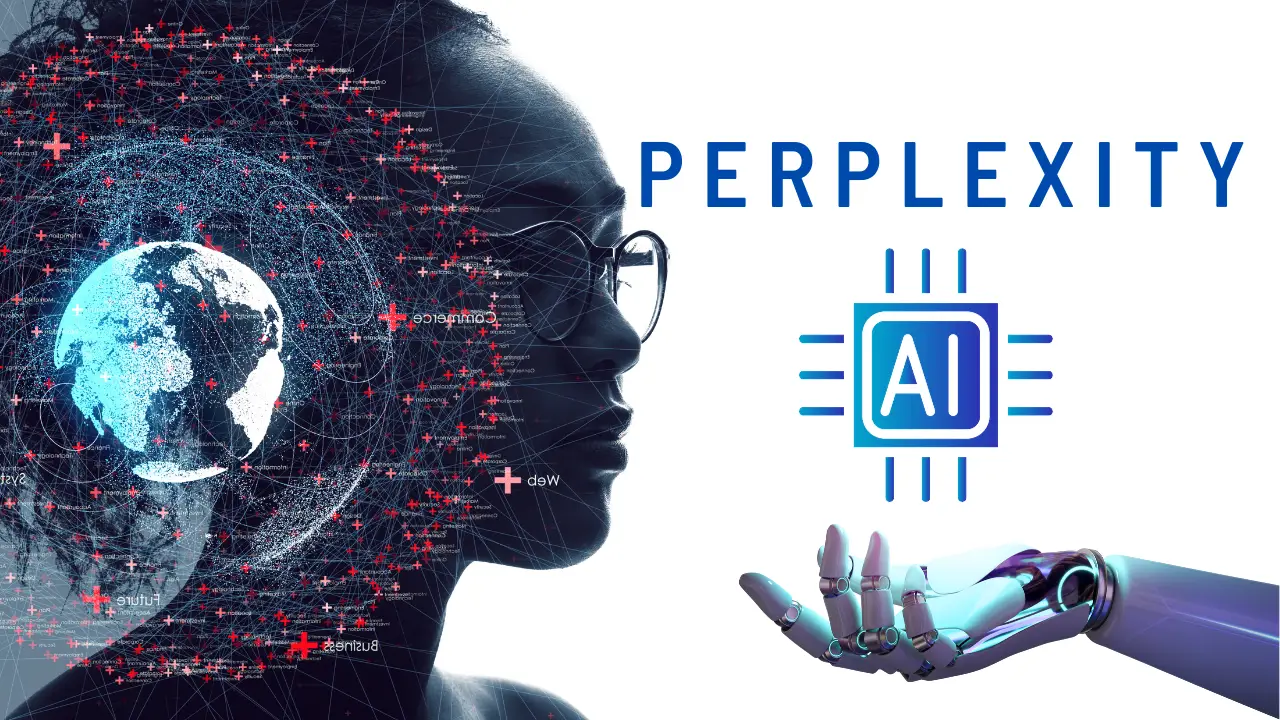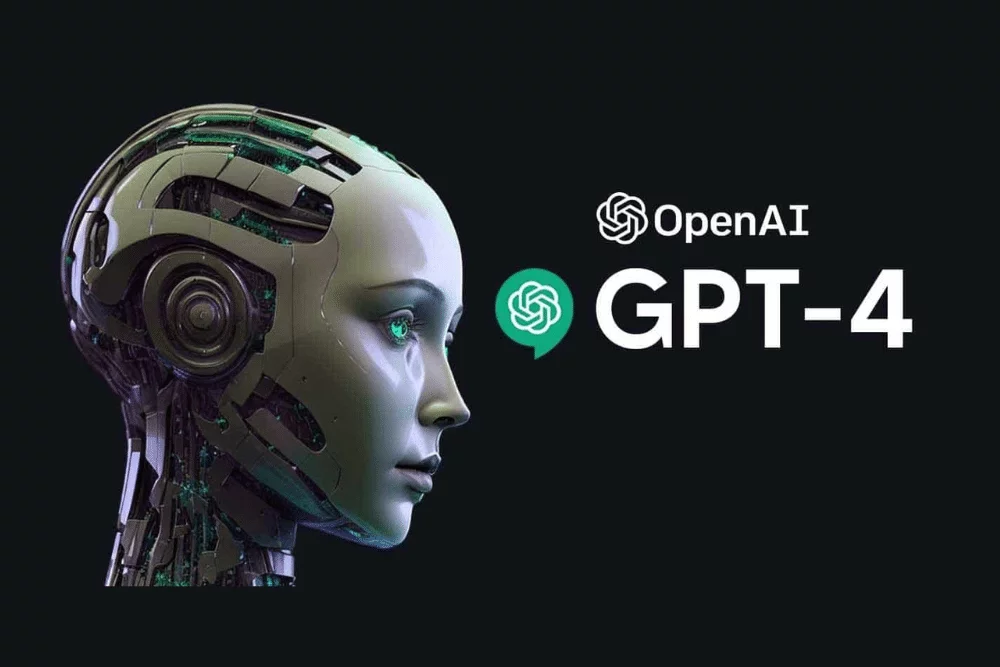In the rapidly evolving digital landscape, the concept of artificial intelligence (AI) has transcended the world of technology and merged with various aspects of life, including marketing. AI-powered solutions are now reshaping traditional marketing efforts, bringing about efficiency, in-depth insights, and a more personalized touch to customer encounters. This exploration into AI in marketing aims to lay bare the profound impacts of this novel technology in the realm of advertising, content marketing, and customer service. With the help of real-world examples, we delve into the fertile ground of AI applications, uncover the rewards and the challenges that come with them, and help the reader to better understand the interplay between AI and marketing.
Understanding AI in marketing
AI in Marketing: The New Frontier
Artificial intelligence (AI) is not new; nonetheless, its advancement and adoption in the marketing industry present a fresh and exciting frontier. The integration of AI in marketing is revolutionizing the way businesses reach out, connect with, and retain customers. Its use has changed the traditional landscape of marketing by offering automated, personalized, and targeted solutions that increase operational efficiency.
Real-Life Applications of AI in Marketing
AI is deployed in various ways across the marketing industry. Businesses are using chatbots, a type of AI, to automate customer interaction and help potential customers select products or services tailored to their needs. Netflix uses predictive algorithms and machine learning to recommend tailored content to its customers. Meanwhile, Spotify uses AI to analyze users’ playlists and listen to habits and suggest songs that users might enjoy.
AI in Advertising
Advertising has dramatically evolved with the use of AI. Traditional advertising methods are being replaced with personalized and highly targeted digital ads delivered in real-time. Programmatic advertising, an AI-driven decision-making system, allows marketers to automate ad buying, placement, and optimization. For instance, Google Ads uses machine learning to optimize ad delivery, such as targeting potential customers based on their internet search and browsing history.
AI in Content Marketing
Artificial intelligence also plays a significant role in content marketing. AI can analyze data about a target audience and suggest content that would most effectively engage that audience, thus improving the reach and effectiveness of marketing strategies. Automated content creation is another area where AI has made strides. Companies like Associated Press and Yahoo use machine learning to automatically generate news stories or reports, providing speedy and accurate content in a time-efficient manner.
AI in Customer Service
Customer service is another area where AI has made significant impacts. The customer service landscape has been transformed by AI’s ability to respond to customer inquiries effectively and efficiently through chatbots and virtual assistants such as Alexa and Siri, which can answer common customer queries, track orders, and offer personalized product recommendations, all without human involvement.
Advantages of Using AI in Marketing
The benefits of AI in marketing are extensive. AI can automate and optimize numerous marketing tasks, free up time for marketers to focus on strategy and creative thinking, offer personalized customer experience, and help businesses target their marketing efforts more effectively based on data-driven insights. AI also helps businesses operate on a 24/7 basis without human intervention, thereby improving customer satisfaction.
Challenges of Deploying AI in Marketing
While the advantages are numerous, AI integration in marketing also comes with potential challenges. There are concerns about security breaches and potential misuse of personal data. Moreover, as AI is data-driven, it is only as good as the data it is fed; poor-quality data can result in inaccurate outcomes. Also, there is a need for continuous monitoring and evaluation of AI systems to ensure effectiveness and relevancy. It is also worth noting that AI may not entirely replace human intuition and creativity, crucial elements in marketing.
The Future of AI in Marketing
With continuous advancements in technology, the application and influence of Artificial Intelligence (AI) are becoming increasingly prevalent in the field of marketing. As businesses strive to employ AI while maintaining the confines of customer privacy and enhancing customer service, there is no doubt that AI will be fundamental in molding the future landscape of marketing.

Photo by campaign_creators on Unsplash
AI marketing tools and strategies
AI in Marketing: Unpacking the Core Concepts
The impact of AI is being felt across multiple sectors, and marketing is significantly affected. AI’s role in marketing primarily involves using sophisticated data models and algorithms to comprehend consumer behaviors, enhance customer experiences, and fine-tune marketing strategies, leading to more desirable business outcomes. The power of AI lies in its ability to analyze vast amounts of data, making real-time decisions and accurate predictions possible.
AI-Powered Tools in Marketing
There are several AI-powered tools used by marketers to automate tasks, obtain insights, and improve decision-making processes. Here are some of them:
- Chatbots: These AI applications interact with customers in real-time, answering their queries, guiding them through processes, and offering personalized customer service. Some popular examples include ManyChat and MobileMonkey.
- Marketing Automation Tools: These AI-powered tools automate recurring tasks like emails, social media posts, and other website actions. A popular tool for this is HubSpot.
- AI-Powered Content Creation Tools: These tools provide content ideas, automate content creation, and offer SEO-related suggestions. Examples of these include MarketMuse and Frase.
- Predictive Analytics: These tools help predict future outcomes by analyzing current and historical data. One of the popular tools in this category is RapidMiner.
Impact of AI in Marketing
AI has significantly reshaped marketing in various ways.
- Personalization: AI helps to personalize marketing messages based on a customer’s buying history and online behavior. Personalized experiences lead to increased customer satisfaction and loyalty.
- Improved Efficiency: The implementation of AI eliminates mundane and repetitive tasks, saving time and resources.
- Advanced Analytics: AI offers greater access to sophisticated analytics, enabling businesses to target specific groups based on specific behaviors and preferences.
- Sales Forecasting: AI facilitates enhanced sales forecasting and lead scoring, helping companies focus their efforts on profitable leads.
Choosing the Right AI Marketing Tool
When selecting an AI tool for marketing, a business should consider its specific marketing goals and needs. Here are some factors to consider:
- Specific Requirements: Identify the specific needs that AI could fulfill, such as lead generation, content creation, or customer management.
- Integration: Determine how seamlessly the AI tool can integrate with the current system and technology stack.
- Budget: Consider the company’s budget and the tool’s long-term return on investment.
- Usability: Evaluate the ease-of-use of the tool for the marketing team. A complex tool could require substantial training.
Designing an Effective AI-Driven Marketing Plan
To harness the true power of AI in marketing, it’s important for businesses to devise an efficient, goal-oriented AI-based marketing strategy. This entails a comprehensive and adaptive plan that leverages specific tools and tactics, maintaining a keen eye on AI tool performance, and fine-tuning them as needed for maximum impact. Aligning AI initiatives with broader business objectives is key to capitalizing on potential marketing gains.
Equally vital is the focus on data quality and privacy. Businesses need to prevent data bias, ensure they’re meeting industry regulations, and keep clear, honest communication with their customers about data usage when developing their AI-driven marketing strategy.

The future of AI in marketing
Predicting Future Trends: The Evolution of Marketing
As artificial intelligence (AI) continues its rise in various sectors, it’s transforming industries like marketing into a more digital landscape. Predictions indicate AI’s superior capabilities and automation will transform and elevate marketing strategies. Leveraging evolving algorithms, AI equips marketers with the ability to delve into vast data reserves, picking up patterns and insights that offer an advantage beyond human reach.
Among the expected trends, personalized marketing is a significant one.
AI will enable marketers to tailor content, messages, products, or offers to individual consumers. It does this by collecting and analyzing data about a consumer’s behavior, interests, and needs. Constructive alignment of these insights enhances consumers’ experience and fosters brand loyalty.
Further, there’s speculation about the evolution of programmatic advertising techniques.
AI will automate the purchasing, placement, and optimization of media inventory, essentially replacing manual tasks done by humans. This progression streamlines marketing operations, ensuring better ROI and results.
Artificial Intelligence and Marketers’ Preparation
In anticipation of these changes, marketers need to become well-versed in the operation and application of AI technologies. This preparation involves gaining a thorough understanding of AI capabilities, such as data analytics, machine learning, and chatbots, among others. By combining this knowledge with their traditional marketing skills, they can innovate and adapt to the rapidly evolving landscape.
Investing in AI technology is indispensable, and marketers should also familiarize themselves with digital platforms that employ AI. Continuous training and learning in this realm would translate into effective utilization and maximization of the technology.
Ethical Considerations and Privacy Concerns of AI in Marketing
As promising as the future of AI in marketing seems, it’s essential to consider the ethical implications it may evoke. Concerns surrounding data privacy and security are primary; how marketers gather, store, and use data is under scrutiny.
Transparency in data collection and its use are paramount. Consumers should have comprehensive knowledge of, and control over how their data is being used. Marketers should uphold these standards and ensure practices in place to meet them.
AI systems make decisions based on data inputs, thus the risk of perpetuating biases or unfair practices is implicit if the input or the algorithmic design is flawed. These potential issues necessitate an ethical approach to AI deployment in marketing.
As AI proliferates in the marketing environment, the need for effective regulations to protect individuals’ privacy and safeguard against discrimination and bias will rise in prominence.
Therefore, not only marketers, but also lawmakers and regulatory bodies must keep pace with the rapid development of AI technologies and their far-reaching implications.

As we anticipate the future, AI is expected to play an even larger role in shaping the marketing landscape. Its predictive capabilities, adaptability, and efficiency are set to lead the charge, altering how both businesses and consumers perceive and engage with marketing strategies. However, the oncoming changes come with their share of ethical and privacy concerns, which warrant meaningful discussion and thoughtful action. As we navigate the nebulous waters of AI and progress towards a more AI-integrated future, marketers need to be on their toes, integrating advancements sensitively and strategically to ensure both effectiveness in reaching their audience and adherence to ethical considerations.


